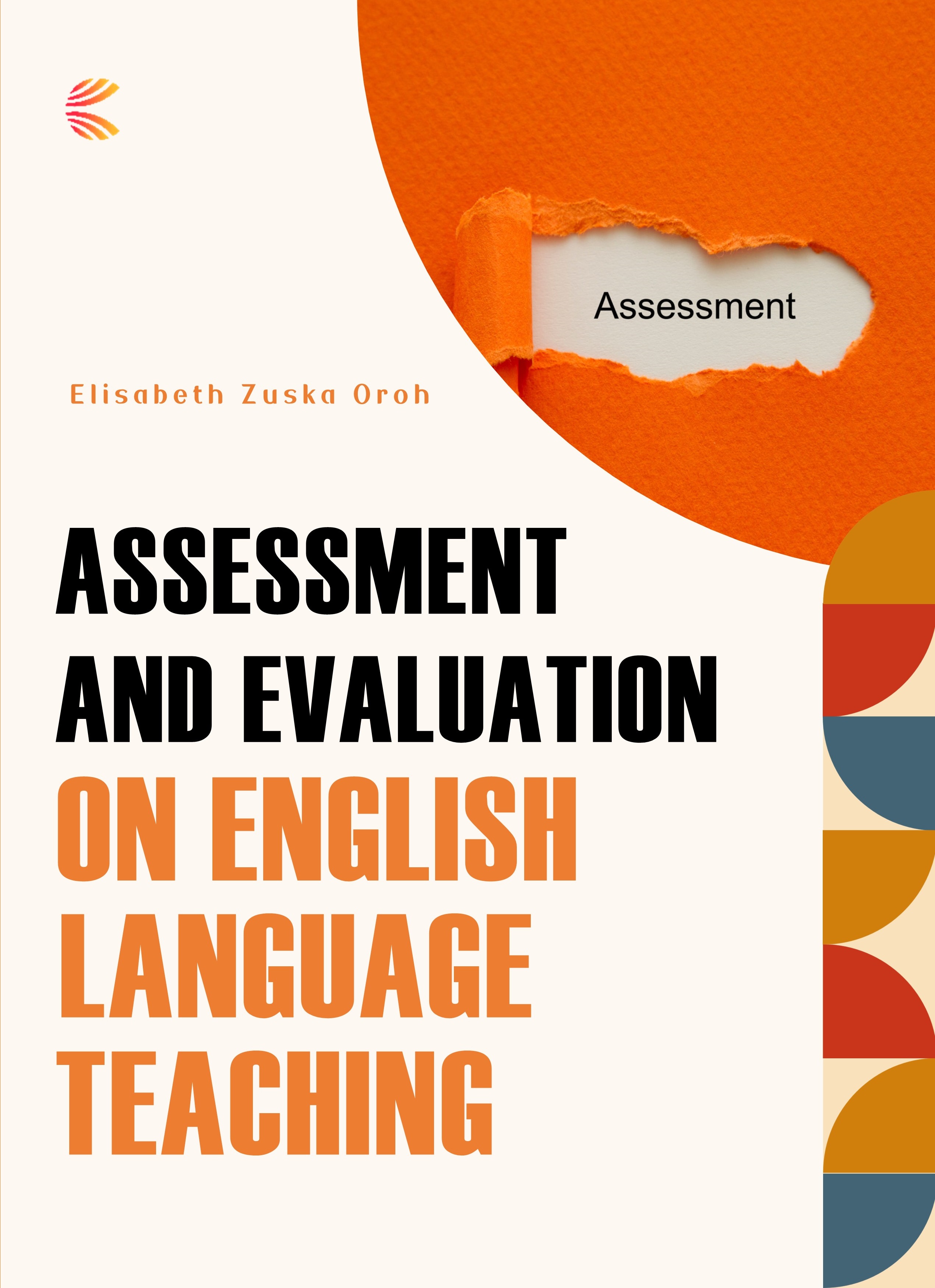Assessment and Evaluation in ELT
Assessment and evaluation have always been important areas of policy and practice
in ELT, inextricably linked with many other aspects of TESOL, including language
policy, language teaching methodology and curriculum design, teacher development,
and second language acquisition, to name just a few. Assessment and evaluation are
common concerns in different ELT sectors and levels, from mainstream schooling to
speciaUst EAP courses, from kindergarten to adult, and in both traditional EFL and
ESL contexts. However, for much of the history of ELT, assessment and evaluation
have been seen as the responsibility of speciaHsts, divorced from the business of
teaching and learning. Assessment and evaluation judgments have usually been
delivered long after the event, formulated in often mysterious and non-negotiable
terms, with a heavy reliance on technical terminology and statistics. As a
consequence, assessment and evaluation have always been taken for granted in ELT,
but often misunderstood by practitioners, rarely included as a component in English
language teacher fraining, and never really challenged by key stake-holders.
SECTION 3
ASSESSMENT AND EVALUATION IN ELT:
Shifting Paradigms and Practices
CHRIS DAVISON AND JIM CUMMINS
